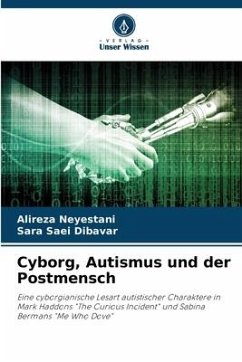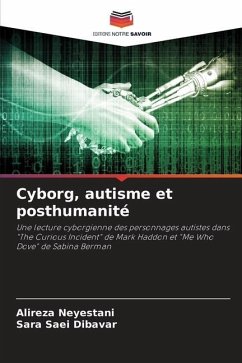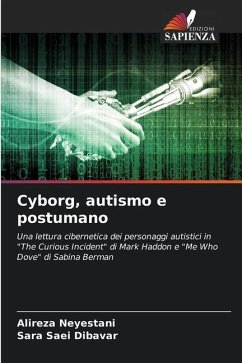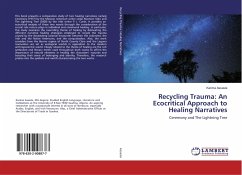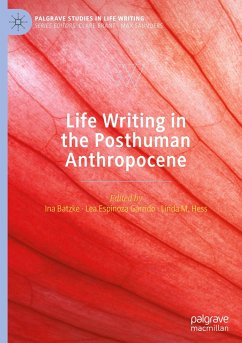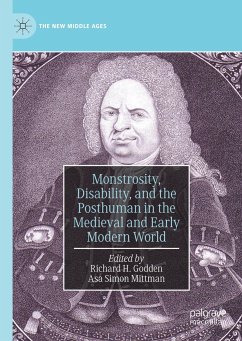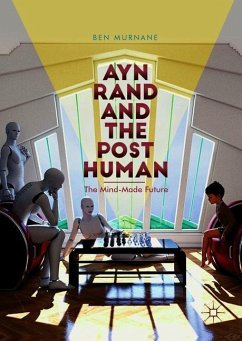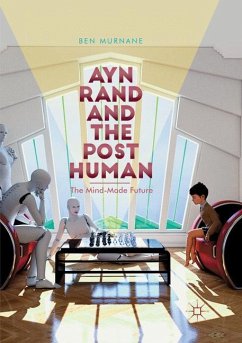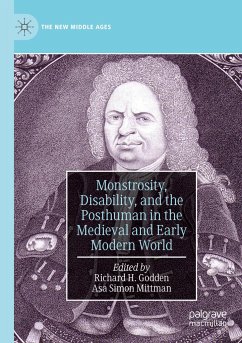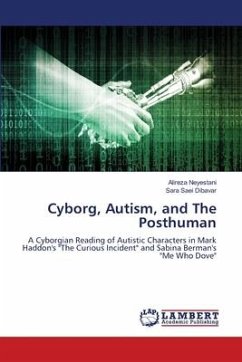
Cyborg, Autism, and The Posthuman
A Cyborgian Reading of Autistic Characters in Mark Haddon's "The Curious Incident" and Sabina Berman's "Me Who Dove"
Versandkostenfrei!
Versandfertig in 6-10 Tagen
45,99 €
inkl. MwSt.

PAYBACK Punkte
23 °P sammeln!
Discrimination, destruction, and death have been the souvenirs of anthropocentricism. Once humankind granted himself superiority and domination over nature and other beings, it gradually paved the way for human beings to freely practice abuse on animals and misuse nature to their own benefits. As hierarchical thinking naturalized through human society, it also affected various groups of people such as people of color or the disabled: they were deemed to be closer to animals and thus deserved to be mistreated. Donna Haraway introduced her notion of 'cyborg' in "A Cyborg Manifesto" (1985) to adv...
Discrimination, destruction, and death have been the souvenirs of anthropocentricism. Once humankind granted himself superiority and domination over nature and other beings, it gradually paved the way for human beings to freely practice abuse on animals and misuse nature to their own benefits. As hierarchical thinking naturalized through human society, it also affected various groups of people such as people of color or the disabled: they were deemed to be closer to animals and thus deserved to be mistreated. Donna Haraway introduced her notion of 'cyborg' in "A Cyborg Manifesto" (1985) to advertise a deconstructive weltanschauung against hierarchical thinking. According to the definition, cyborg figure is a hybrid post-human body that is untouched by polar dichotomies and is capable of 'becoming' animal or machine. Interestingly enough, since autistic people who - on grounds of their supposedly intellectual 'disability' - have long been exiled from the so-called normal society, started to author autobiographies, their projected self-image as a cyborg figure has attracted ample attention: bodies sharing close affinities with animals, robots, nature, and environment.





